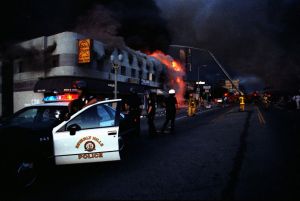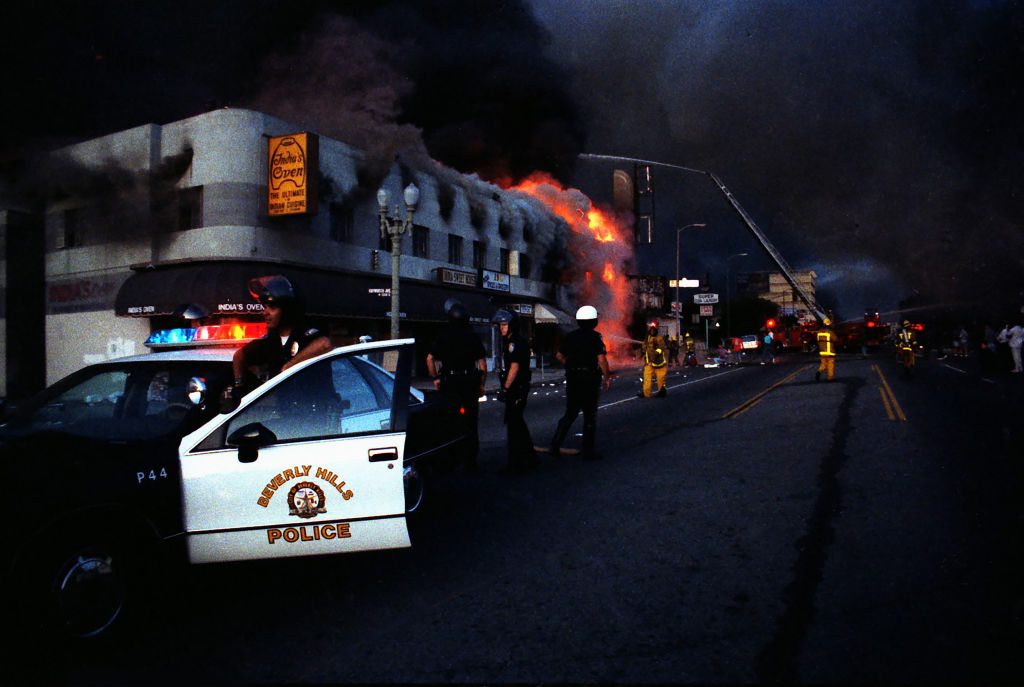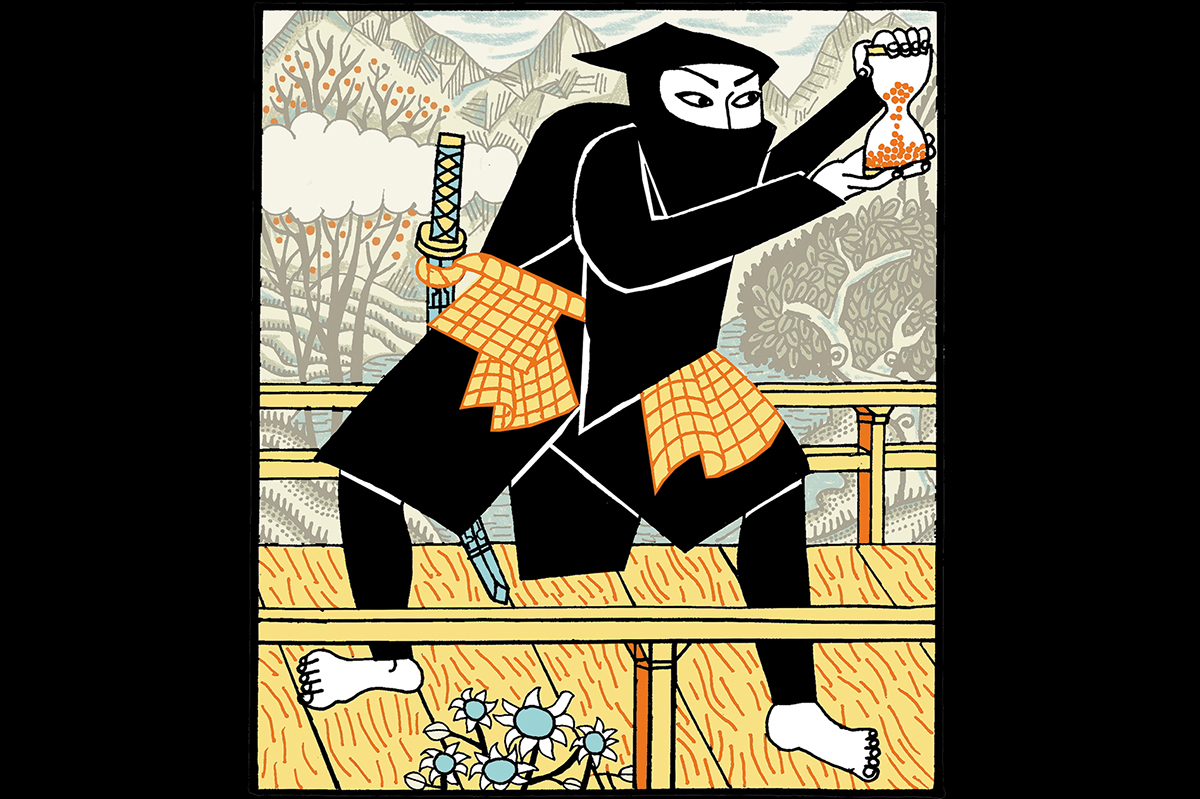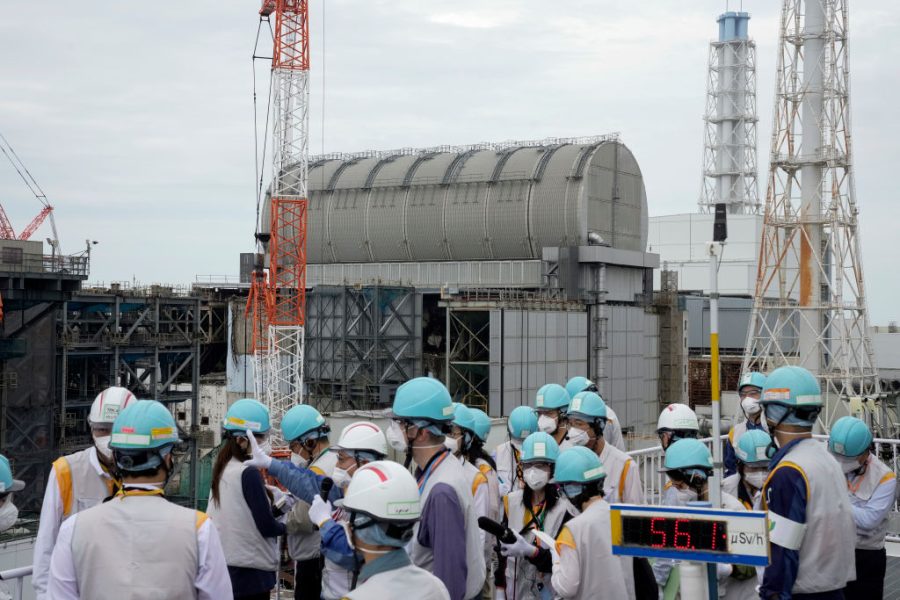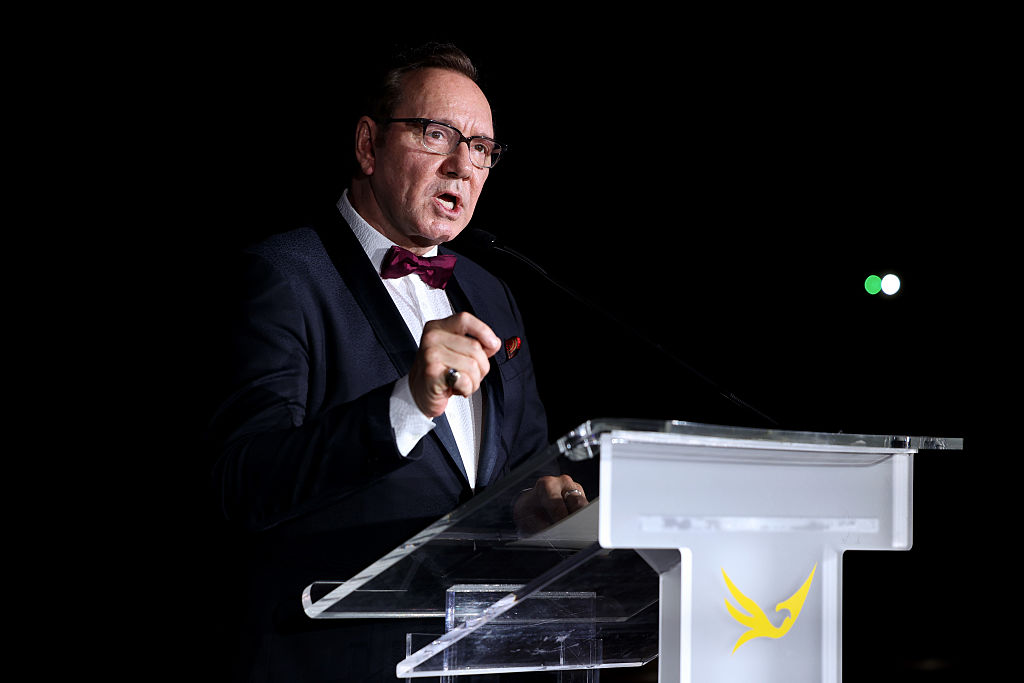The news that Denis Villeneuve’s keenly anticipated Dune sequel is to be delayed from its previously announced November release date until next March is both unwelcome and far from unexpected.
It also brings back memories of the pandemic, when films were routinely postponed for months, even years; it is not hard to remember how the Bond film No Time To Die ended up having its original release date of April 2020 put back until October 2021, by which time Billie Eilish’s theme song had acquired all the familiarity of a much-loved old standard, and the film’s trailers had long since melted into ubiquity. And countless equally delayed pictures simply flopped at the box office, as audiences stayed away, bored by seeing the same marketing materials forever.
In the case of Dune: Part Two, however, the reasons have nothing to do with pandemics, but strikes. To be more exact, the SAG industrial action, which studios originally hoped would be resolved in a matter of a few weeks, shows no signs of being resolved, thanks to the intransigence of the Alliance of Motion Picture and Television Producers. The strike began on July 14 and is still going strong, with actors taking to picket lines and eschewing any kind of non-SAG approved work, including publicizing the movies they made long before the shutdown. While it might be argued that there are other ways of promoting a film than parading the cast for red carpet premieres and the like (Gran Turismo opened at number one at the US box office recently with a $17 million gross despite the unavailability of its actors to bang the drum for it), the star-studded Dune cast would usually offer endless interviews, TV appearances and red carpet photo opportunities, and so its studio Warner Bros clearly does not feel that it can afford to miss out on such exposure.
Even the most pessimistic of industry commentators believe the strike will be resolved by next March, as otherwise the film business will be on the verge of collapse. Popular as Barbie and Oppenheimer have been, they cannot continue to sustain theaters by themselves for the next nine months. Yet it’s also fascinating to see which films will and won’t be affected. So far, Dune: Part Two is by far the most high-profile postponement, with the likes of Wonka, The Color Purple and Aquaman still holding fast to their currently planned December release dates. The likes of Killers of the Flower Moon and The Killer, which premiered at Cannes and Venice respectively, are expected to be unaffected by the strikes, given their funding by streaming services Apple and Netflix respectively, although there is a question mark over Ridley Scott’s epic Napoleon — a picture positively made for the big screen.
It is too early to say that the studios are panicking, but the move of a film that would surely have competed with Oppenheimer and Flower Moon for Oscar recognition (the original won six, from ten nominations) shows they believe the strike is seriously affecting their output. With most of 2024’s major pictures currently on hold, it is starting to look more likely than not that next summer and fall are going to be very quiet indeed unless the strike can be resolved quickly, which will spell trouble for an industry that is only just returning to pre-pandemic levels. Audiences want to go and see films, but because of this current industrial dispute, it seems as if they will be denied their chance for a while to come.
Still, Dune fans will have a small degree of comfort from the news that Villeneuve is now looking forward to making a third film and turning what most had assumed would be a one-two punch into a trilogy. In a recent interview, he has suggested that there are “words on a page” and presumably if his now-delayed picture is a hit, the necessary funding will be found for its continuation. But, for the sake of those looking forward to seeing what happens, it would be very good if matters could be resolved so we could all get out to the movies once again. Here’s hoping, anyway.








